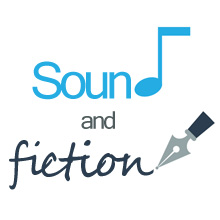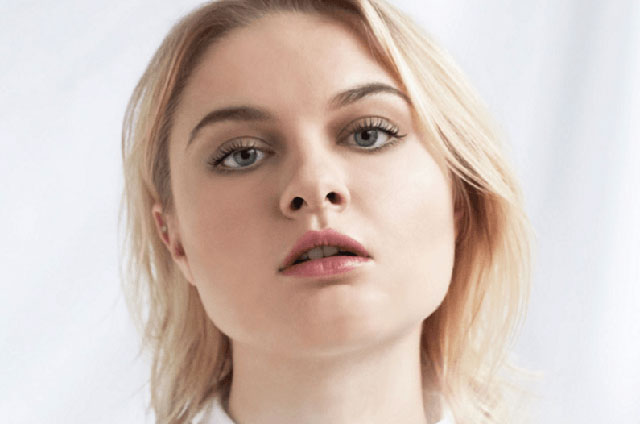Holly Lapsley Fletcher (aka Låpsley) is from Merseyside, but it’s easy to imagine she’s from Scandinavia based on the icy electronica melting under the warmth of her soulful vocals on debut album Long Way Home.
This contrast of hot and cold is an interesting juxtaposition on album opener Heartless and it’s a theme that continues throughout this striking introduction to the 19 year old. The comparison to all-conquering label mate Adele is obvious from a vocal point of view, but the layers of electronic production on Hurt Me make this song, and others, stand apart. Låpsley doesn’t resort to conveying emotion through vocal gymnastics either – she prefers altering the pitch of her own voice, even sometimes sounding like a male backing vocalist. These are techniques that she’s taken from recording in her bedroom and worked with in the studio: it pays off. However, Hurt Me does leave me a bit cold. Falling Short is more minimal and feels introspective when compared to a lot of electro-pop music of a similar ilk. This, like other stripped-back tracks on this album, is a piano-infused late-night chillout track.
The dreamy, floating verses of Tell Me The Truth could easily be sung by Adele but the production and repetition of the line “Just tell me the truth, it’ll hurt less I guess” works to make this one of the most accomplished and fully realised tracks on the album. Her use of silence around important lyrics also serves to add emphasis – it’s a brave technique. Cliff is where this album comes into its own. The layers of xylophone, piano, minimal beats and Låpsley’s haunting lyrics combine to create an evocative track before it shifts into a club beat, with flutes teasing in the background. Station also reflects this with the barest of musical backing – offering up just her vocals, hand clapping and a few electronic noises. It’s on these tracks where Låpsley owns the album, rather than the album owning her. On Leap her voice floats perfectly over the soft beat peppered with electronic quirks. Maybe her unique style comes through louder the quieter she is.
That said, on Operator (He Doesn’t Call Me) she comfortably strides into disco territory with sharp-strings and a catchy chorus – creating a track that feels incredibly mature and is reminiscent of Roisin Murphy at her dancefloor filling best. Straight after this we’re dropped back into soulful pop on Painter with a sparkling glockenspiel sound and hand clapping framing her now familiar vocal layers. Love Is Blind shouldn’t work with so many sounds and styles layered – with elements of 80s ballads, and even a hint of Wilson Phillips, before the twisted electronica and beats kick in. Somehow Låpsley does make it work, although it feels like she is taking an intrepid step into a completely different style.
As if to reassure us, she shifts back to soulful, smoky vocals and post-club grooves with Silverlake. By this point the album feels much stronger as a whole, leaving the impression that we’re nearing the end of the process of Låpsley testing the water with styles and sounds to find her voice. Seven Months is a confident closer with its clipped guitars and summery feel. This is a debut that has grown steadily on me.
Long Way Home feels like an experimental trip for an artist who is obviously going places. By album two I’m sure she will have found the path she wants to take. This is shaping up to be a captivating journey.
This article was written for Backseat Mafia

